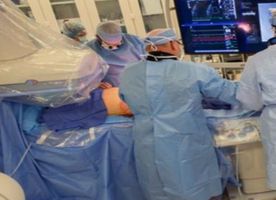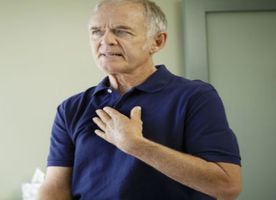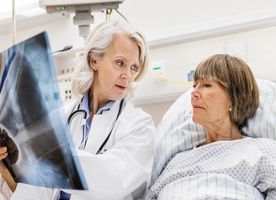Cardiology in Russian Federation
Search and Compare the Best Clinics and Doctors at the Lowest Prices for Cardiology in Russian Federation
Premier Medica





Cardiology at Premier Medica in Moscow, Russian Federation
European Medical Center (EMC)





Cardiology at European Medical Center (EMC) in Moscow, Russian Federation
JSC Medicina Clinic





Cardiology at JSC Medicina Clinic in Moscow, Russian Federation
Our partner clinics in Russian Federation are accredited by the following associations







































































































































No Time?
Tell us what you're looking for and we'll reach out to the top clinics all at once
WHY US?







































































































































No Time?
Tell us what you're looking for and we'll reach out to the top clinics all at once












Cardiology is a branch of medicine concerned with disorders of the heart. It is the study, diagnosis, prevention, and treatment of such conditions as heart failure, coronary artery disease, congenital heart defects, and much more. Doctors who specialize in this branch of internal medicine are known as a cardiologist.
What Does Cardiology Involve?
Cardiology involves tests, including electrocardiogram to record the electrical activity of the heart, exercise test to see the changes of heart rhythm, echocardiogram that provides an ultrasound picture showing the structure of the heart, and cardiac catheterization to collect data and help relieve a blockage. There are numerous different treatments within cardiology for various different heart disorders, such as valvuloplasties, angioplasties, stenting, congenital heart defect corrections, as well as coronary thrombectomies. Nearly all treatments for heart diseases are major surgery and are performed under general anesthetic.
How Long Should You Stay in Russian Federation?
Your length of stay in Russian Federation depends on which procedure you underwent. In general, you need to stay in the hospital for several days and also to stay in the country for an additional fourteen days or until your cardiologist allows you to travel home.
How Long is the Recovery Time?
The recovery period can be different from one person to another, depending on your overall health and any complications. You should expect to progressively regain your energy and go back to your normal activity level in about four to eight weeks after treatment, particularly following surgical treatments.
What Aftercare Should You Consider?
You may need to attend regular follow-up appointments, either with your cardiologist in Russian Federation or in your home country. You must make some lifestyle adjustments after you recover, including eat a healthy diet, exercise regularly, stop smoking, and limit your alcohol intake, to prevent future heart disease or complications. Your cardiologist may recommend you to get a cardiac rehabilitation, which will improve your health after treatment and help you recover after surgery.
What is the Success Rate for Cardiology?
Generally, the success rate depends on the specific procedure and your specific condition. Cardiology has helped millions of people around the world and if performed by experts, the risk of serious complications is very low. However, just like any other treatment, there are some risks to be aware of, such as bleeding, stroke, heart rhythm problems, blood clots, infection, valve dysfunction, and death.
Are there Alternatives to Cardiology?
Those who suffer from heart disorders do not have any other alternatives besides going to a cardiologist. However, if you do not want to undergo surgery or take any medication, you need to talk to your surgeon for the best alternative for your specific case.
What Should You Expect Before and After the Procedure?
Disorders of the heart can be dangerous, life-threatening, cause painful symptoms, and interfere with your ability to perform daily activities. After you have been treated by a cardiologist, you may be cured of your disease and your symptoms are relieved.
This information has been accurately sourced and verified by a medical professional for its accuracy, however, we strongly recommend you to consult with your doctor before pursuing medical procedures overseas.






